Resilience is a characteristic that sets certain individuals apart from others. It is the ability to bounce back from adversity and overcome challenges with a strong, tenacious spirit. Resilient individuals are tough and enduring, able to adapt to any situation and come out stronger on the other side.
Adaptive and durable, resilient individuals possess the mental and emotional fortitude to face life’s obstacles head-on. They are hardy and persistent, never giving up in the face of adversity. These individuals have the ability to find creative solutions to problems and learn from their experiences, allowing them to grow and develop even in the most difficult circumstances.
The benefits of having a resilient mindset are numerous. Resilient individuals are better equipped to handle stress, as they have developed coping mechanisms that allow them to navigate through challenging situations with grace and composure. They are more likely to have positive mental health outcomes and are less susceptible to developing mental health conditions such as anxiety and depression.
Resilient individuals also tend to have stronger relationships and support networks. Their ability to adapt and bounce back from setbacks allows them to maintain healthier and more fulfilling relationships, as they are able to navigate conflicts and challenges with greater ease.
Developing resilience is a lifelong journey that requires self-reflection and self-awareness. Strategies for building resilience include cultivating a positive mindset, practicing gratitude, seeking support from others, and engaging in activities that promote mental and emotional well-being. By developing these strategies, individuals can strengthen their resilience and better navigate the ups and downs of life.
Characteristics of the Resilient Type
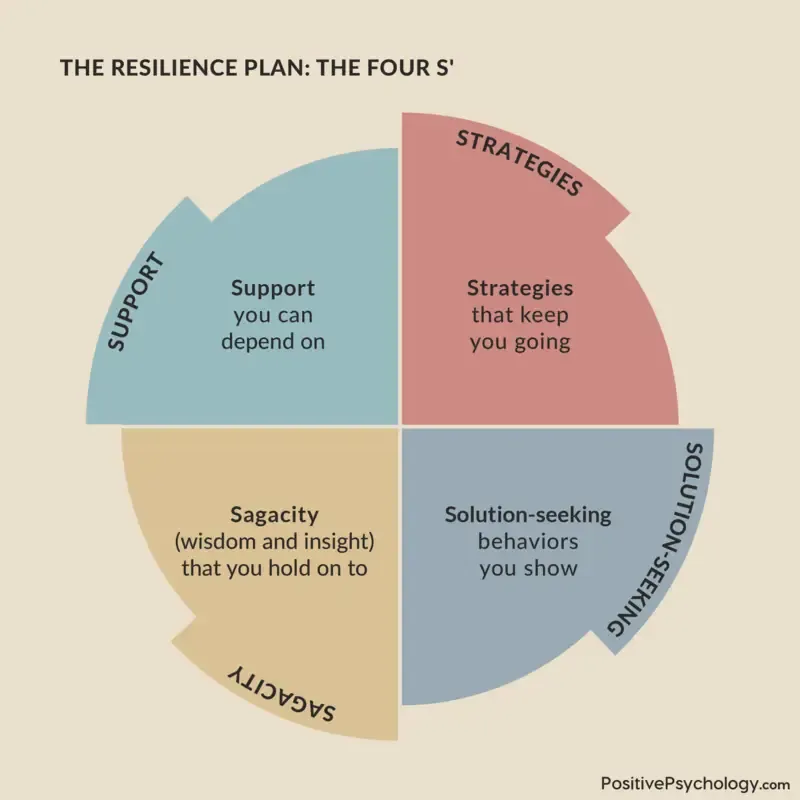
The resilient type is known for their tough, hardy, and robust nature. They have the ability to adapt to difficult situations and bounce back from setbacks. Resilient individuals are strong and persistent in the face of adversity, and they have an enduring mindset that helps them overcome challenges.
One of the key characteristics of the resilient type is their tenacity. They possess a strong determination to keep going and never give up, even when faced with obstacles. This tenacity allows them to push through difficult times and come out stronger on the other side.
Resilient individuals are also highly adaptive. They have the ability to adjust their mindset and behaviors to cope with changing circumstances. They are open to new ideas and perspectives, which helps them navigate through challenging situations with ease.
Furthermore, the resilient type is known for their ability to maintain a positive outlook. They have a strong belief in their own abilities and are optimistic about their future. This positive mindset helps them stay motivated and focused on their goals, even when faced with setbacks.
In summary, the characteristics of the resilient type include being tough, hardy, robust, adaptive, strong, persistent, enduring, and tenacious. These qualities enable them to overcome challenges and thrive in the face of adversity.
Mental Toughness
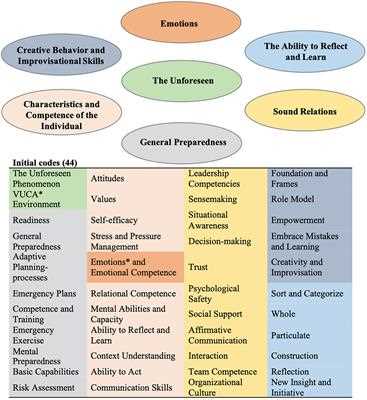
Mental toughness is a characteristic that is often associated with individuals who possess strong, persistent, and hardy qualities. These individuals have the ability to withstand and overcome challenges, setbacks, and obstacles with unwavering determination and resilience. They are tough in the face of adversity, enduring difficulties with a steadfast mindset.
People with mental toughness are adaptive and flexible, able to adjust their mindset and approach to different situations. They possess a robust and durable mindset that enables them to bounce back from failures and setbacks, learning from them and using them as stepping stones to success.
One of the key benefits of mental toughness is the ability to maintain a positive outlook and mindset, even in the face of adversity. This allows individuals to stay focused, motivated, and driven towards their goals, regardless of the challenges they may encounter.
Furthermore, mental toughness helps individuals develop strong problem-solving and decision-making skills. They are able to think critically and analytically, finding creative and innovative solutions to the problems they face.
In addition, mental toughness enables individuals to handle stress and pressure effectively. They are able to keep their emotions in check and remain calm and composed in high-pressure situations. This allows them to perform at their best and make sound decisions, even under challenging circumstances.
Overall, mental toughness is a valuable characteristic that can benefit individuals in various aspects of their lives. It helps them overcome obstacles, maintain a positive mindset, develop problem-solving skills, and handle stress effectively. By cultivating mental toughness, individuals can enhance their resilience and achieve their goals with unwavering determination and adaptability.
Adaptability
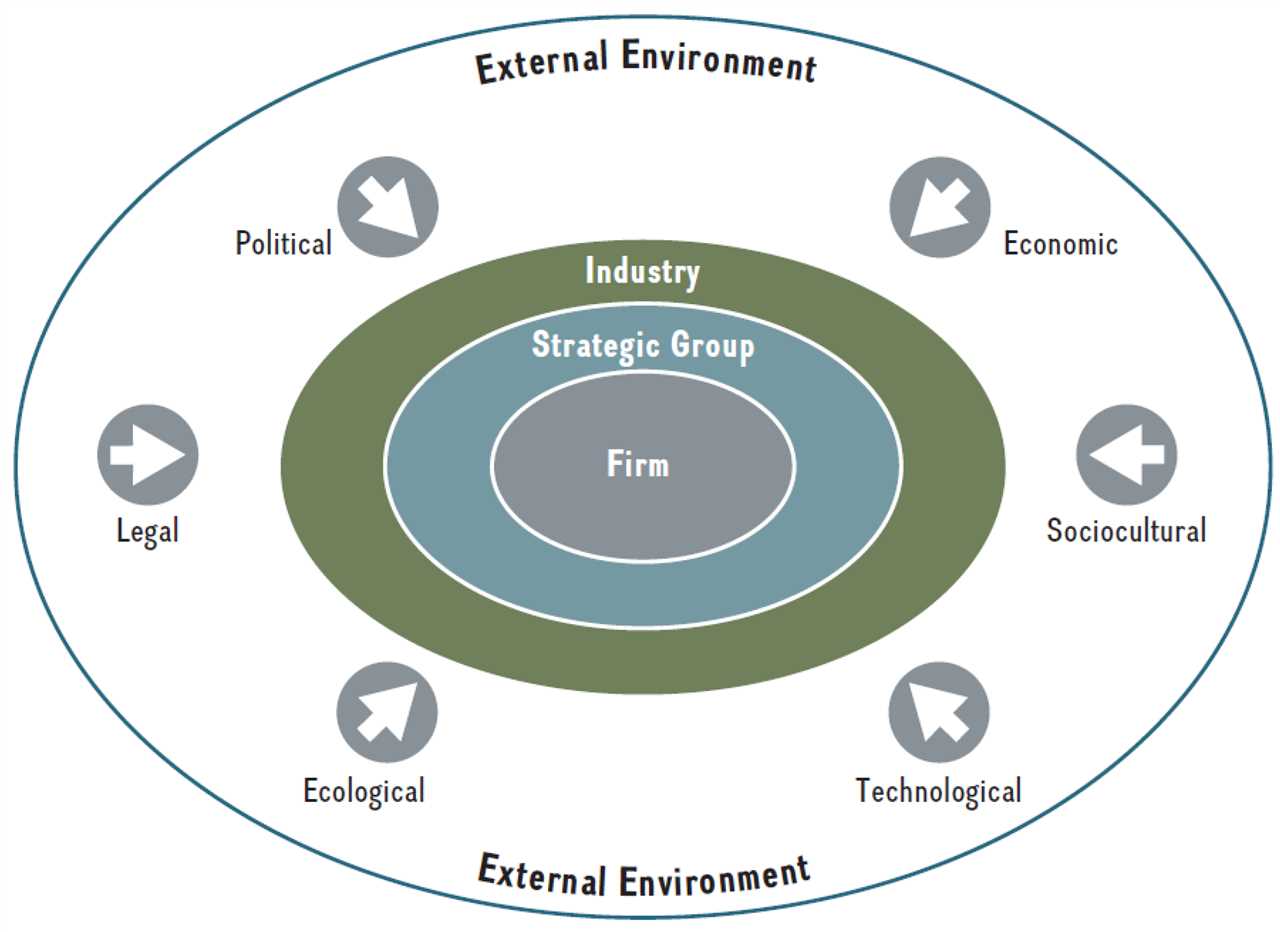
Adaptability is a key characteristic of resilient individuals. They possess a strong ability to adjust and thrive in the face of challenges and changes. Resilient individuals are tough, hardy, and robust, able to bounce back from setbacks and recover quickly.
Resilient individuals are highly adaptive, constantly learning and growing from their experiences. They are open to new ideas and perspectives, and can easily adjust their mindset and approach to fit different situations. Their enduring nature allows them to navigate through uncertainty and ambiguity with ease.
Resilient individuals are tenacious and persistent in pursuing their goals, even in the face of obstacles. They have a strong belief in their abilities and are not easily deterred by setbacks or failures. They are willing to put in the necessary effort and make necessary adjustments to achieve success.
In summary, adaptability is a core characteristic of resilient individuals. They are strong, tough, hardy, robust, adaptive, enduring, tenacious, and persistent in their pursuit of success.
Positive Outlook
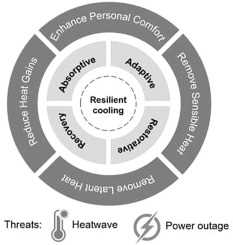
The resilient type is known for having a positive outlook on life. They have a robust and adaptive mindset, which allows them to navigate through challenges and setbacks with ease. They are tenacious and durable, always bouncing back from adversity and finding new ways to overcome obstacles. Their tough mentality helps them stay motivated and focused on their goals, even in the face of adversity.
One of the key characteristics of a resilient individual is their persistent and strong nature. They have the ability to persevere through difficult times and remain optimistic about the future. This positive outlook is what sets them apart from others, as they are able to see the silver lining in every situation.
Resilient individuals are also known for their enduring nature. They are not easily discouraged by failure or setbacks and are willing to put in the necessary effort to achieve their goals. They have a strong belief in their abilities and know that they have the power to overcome any challenges that come their way.
In summary, having a positive outlook is a defining characteristic of the resilient type. Their robust, adaptive, tenacious, durable, tough, persistent, strong, and enduring mindset allows them to face challenges head-on and come out stronger on the other side.
Benefits of Being Resilient
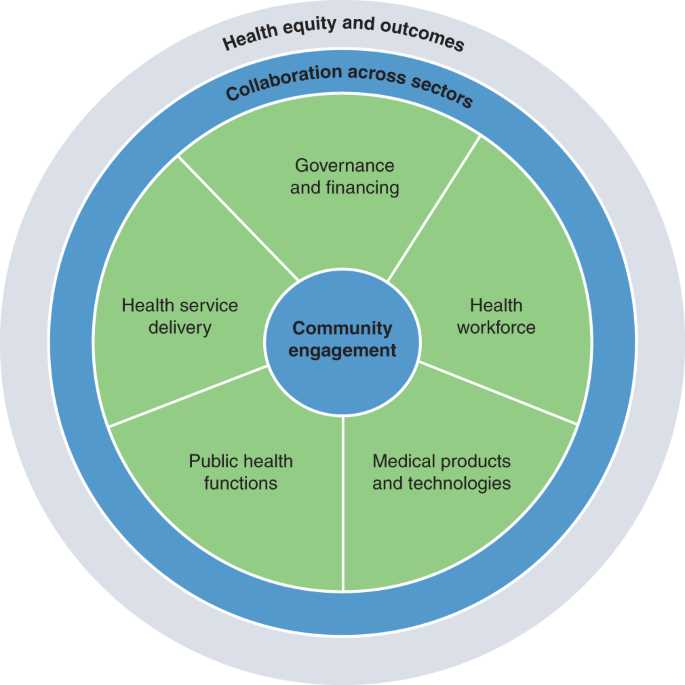
Being resilient has numerous benefits that contribute to personal growth and success. Resilient individuals possess adaptive qualities that allow them to effectively navigate through challenges and setbacks. Some of the key benefits of being resilient include:
| 1. Adaptive | Resilient individuals have the ability to adapt to new situations and circumstances. They can quickly adjust their mindset and strategies to overcome obstacles and find solutions. |
| 2. Robust | Resilient individuals possess a robust mindset that enables them to bounce back from adversity. They are not easily discouraged and have the mental strength to persevere. |
| 3. Tenacious | Resilient individuals demonstrate tenacity in pursuing their goals. They have a strong determination to succeed and are willing to put in the necessary effort and persistence. |
| 4. Strong | Resilient individuals have a strong character and inner strength. They are able to withstand challenges and setbacks without losing their sense of self or motivation. |
| 5. Tough | Resilient individuals are tough-minded and resilient in the face of adversity. They are able to handle difficult situations with composure and maintain a positive attitude. |
| 6. Persistent | Resilient individuals are persistent in their pursuit of goals. They do not easily give up and are willing to put in the necessary time and effort to achieve success. |
| 7. Enduring | Resilient individuals have the ability to endure hardships and challenges. They can withstand difficult situations and maintain their focus and determination. |
| 8. Durable | Resilient individuals have a durable mindset that allows them to bounce back from setbacks and continue moving forward. They have the ability to recover quickly and adapt to new circumstances. |
Overall, being resilient provides individuals with the necessary tools and mindset to overcome challenges, achieve personal growth, and thrive in various aspects of life.
Better Stress Management
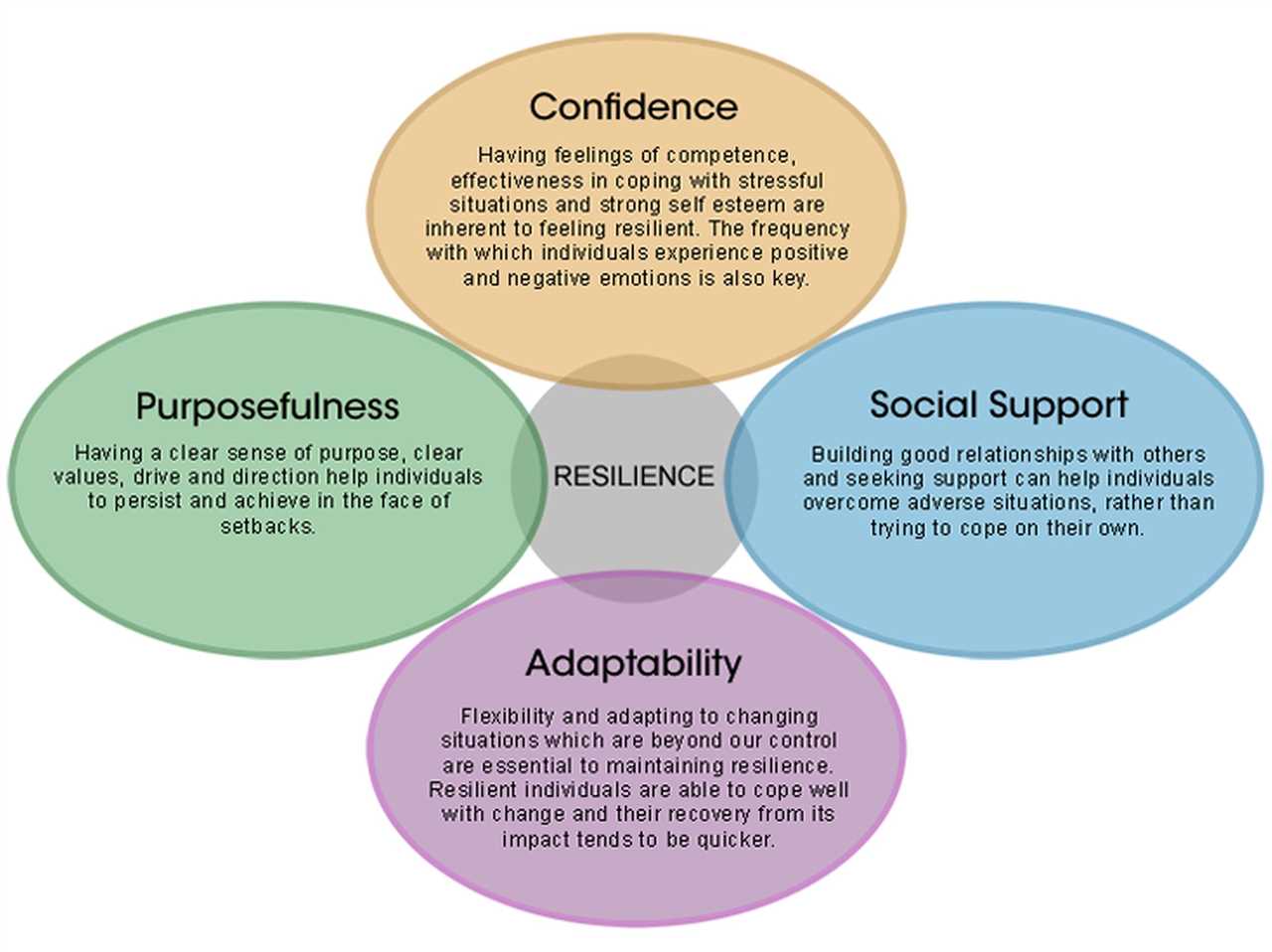
One of the key characteristics of resilient individuals is their adaptive nature when it comes to stress management. Resilient people are hardy, persistent, durable, robust, tough, tenacious, and enduring in the face of challenging situations.
They are able to bounce back from setbacks and maintain a positive attitude, even in the midst of adversity. Resilient individuals have developed effective coping mechanisms and strategies to deal with stress, allowing them to navigate through difficult times with grace and resilience.
They are skilled at recognizing and managing their emotions, which allows them to respond to stress in a healthy and productive way. Resilient individuals are also adept at seeking support from others when needed, understanding the importance of building a strong support network.
Furthermore, resilient people are able to maintain a sense of perspective and prioritize their well-being. They understand that self-care is crucial for managing stress and make it a priority in their lives. They engage in activities such as exercise, meditation, and hobbies that help them relax and recharge.
In conclusion, resilient individuals are better equipped to manage stress due to their adaptive nature and effective coping strategies. By developing resilience, individuals can navigate through life’s challenges with grace and strength.
Improved Problem-Solving Skills

The resilient type is known for their adaptive problem-solving skills. They possess a strong ability to face challenges head-on and find effective solutions. Their hardy nature allows them to remain tough and tenacious even in the face of adversity.
Resilient individuals have an enduring mindset that enables them to persist in the face of obstacles. They do not give up easily and instead continue to search for ways to overcome difficulties. This persistent attitude helps them to develop robust problem-solving skills.
One of the key benefits of improved problem-solving skills is the ability to navigate complex situations with ease. Resilient individuals are able to think critically and analytically, allowing them to identify the root causes of problems and develop effective strategies to address them.
Furthermore, resilient individuals are often skilled at finding creative solutions to problems. They are not confined by conventional thinking and are willing to explore new ideas and approaches. This flexibility in problem-solving can lead to innovative and efficient solutions.
The improved problem-solving skills of resilient individuals also contribute to their ability to adapt and thrive in dynamic environments. They are quick to assess new situations and can make informed decisions based on their problem-solving abilities.
In conclusion, the adaptive, strong, hardy, tough, tenacious, enduring, persistent, and robust nature of resilient individuals enables them to develop improved problem-solving skills. These skills help them navigate complex situations, find creative solutions, and adapt to dynamic environments.
Enhanced Emotional Well-being
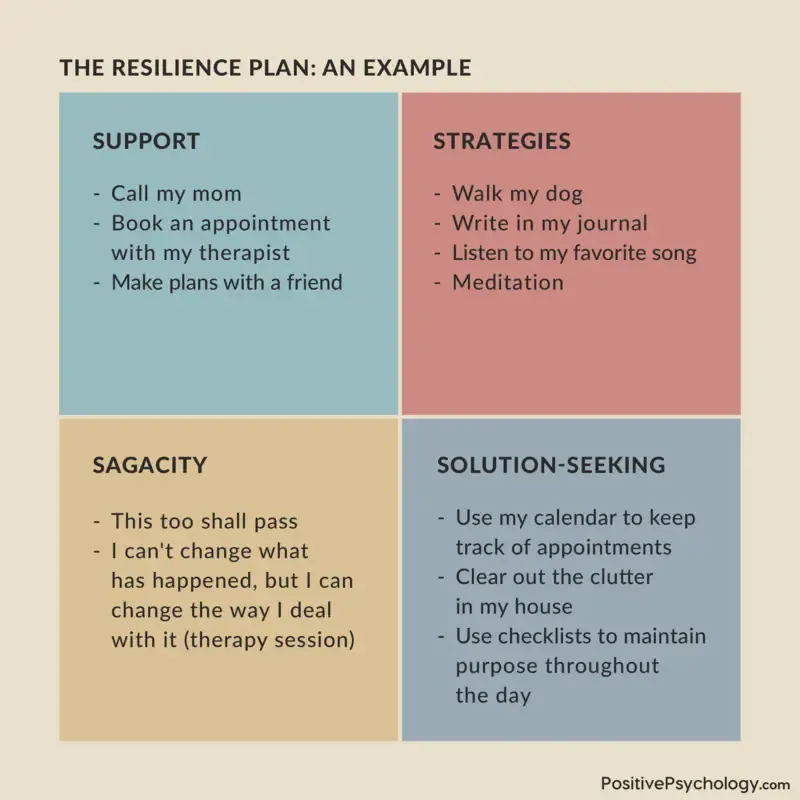
The resilient type is known for their tough, enduring, and persistent nature. They possess a tenacious and strong mindset, allowing them to adapt and overcome challenges. This adaptability leads to enhanced emotional well-being, as they are able to bounce back from setbacks and maintain a positive outlook.
Resilient individuals are hardy and durable in the face of adversity. They have the ability to regulate their emotions effectively, allowing them to cope with stress and maintain a sense of calm. This emotional stability contributes to their overall well-being and helps them navigate through difficult situations.
Furthermore, resilient individuals have a strong support system and are not afraid to seek help when needed. They understand the importance of social connections and actively cultivate relationships that provide emotional support. This network of support enhances their emotional well-being by providing a sense of belonging and security.
In addition, resilient individuals are proactive in taking care of their mental health. They engage in self-care activities such as exercise, mindfulness, and relaxation techniques. These practices help them manage stress, reduce anxiety, and promote emotional well-being.
Overall, the resilient type’s enhanced emotional well-being is a result of their tough, enduring, and adaptive nature. They possess the mindset and skills necessary to navigate through life’s challenges and maintain a positive outlook, contributing to their overall happiness and fulfillment.

I am Patrina de Silva, a psychologist and mental health blogger in Sri Lanka. After obtaining psychology degrees from the University of Colombo and Monash University, I returned home to work as a counselor while also starting the popular blog “Pressy but Happy” to provide advice on psychological issues. Over the past decade, my empathetic articles have made my blog a leading mental health resource in the country. In addition to writing, I maintain a private therapy practice, frequently volunteer counseling time, and conduct seminars, driven by my passion for destigmatizing mental illness and educating the public on the mind-body connection. I strive to be an influential voice in my field through my compassionate approach.
